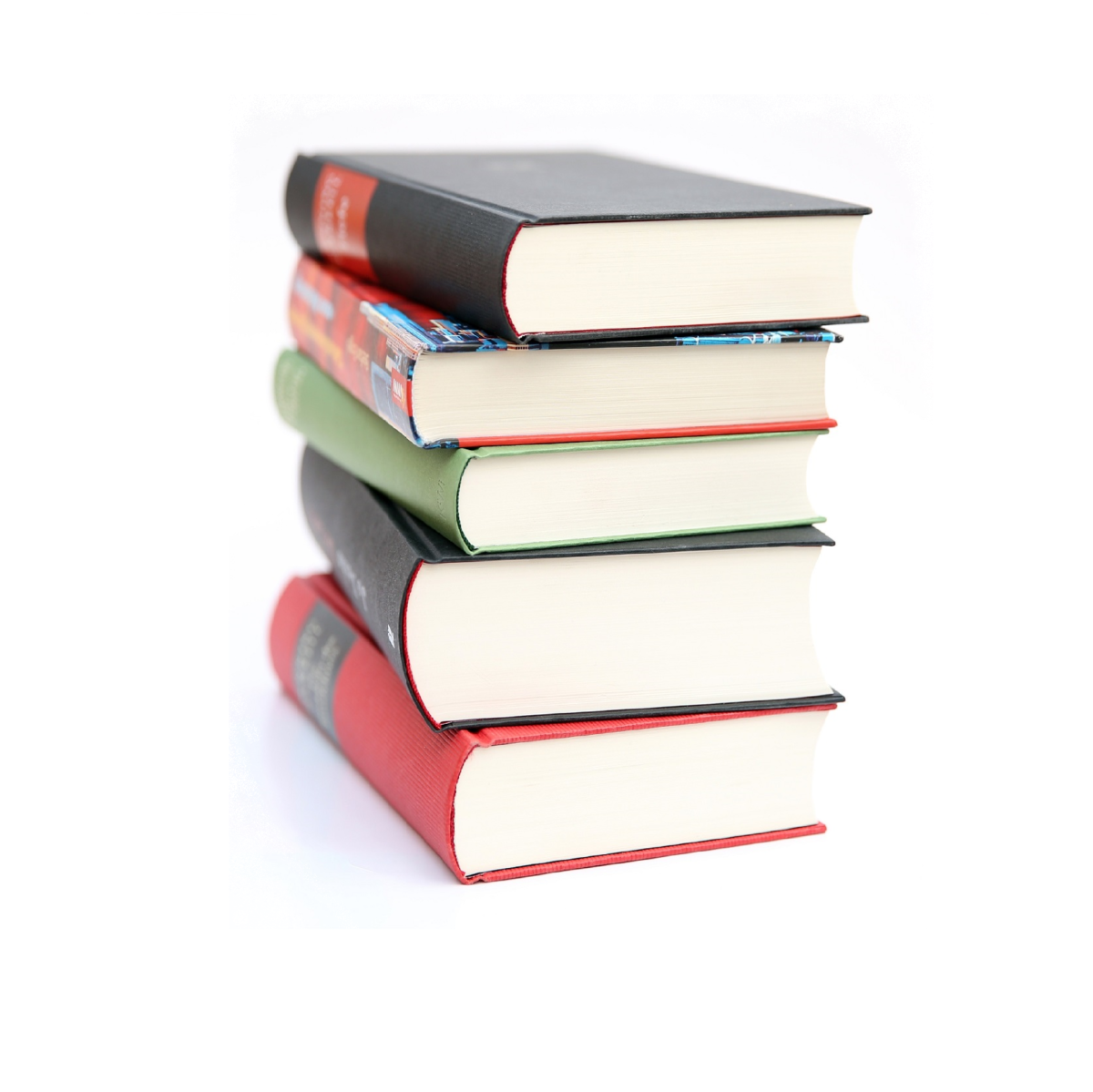by poetry editor Anita Foxall.
Toy Fights, a Boyhood is the wonderful memoir by poet Don Paterson. However, straight at the beginning, we are warned not to expect poetry, as this book stops where the poetry begins.
However, widely aware poetry cannot be omitted from his life, Patterson brought it up in the beginning to leave it wrapped up right there, describing it not as a calling, nor a living, and possibly not even an art form. For he believes to call oneself a poet is ‘tasteless or even a confession of mental illness’, due to poets’ ‘different relationship with language than other people’.
Don Paterson is originally from Dundee, and most events described are located there. Since all memories are from a young person’s mind, Don states they can’t be trusted, as they be easily confused with photographs or other people’s memories. Nevertheless, the stories and anecdotes are of immense beauty and humanity and take us on a brilliant journey through his childhood and teenage years. In fact, the book’s title Toy Fights is borrowed from a childhood game he played in Dundee, which he describes in the preface as ‘20 minutes of extreme violence’.
This book was originally to be dedicated to his father, who was a musician, and music is its aim and focus (not poetry). However, sadly, his father died before the book was completed. Still it is dedicated to his mother and to the memory of his father.
Don Paterson had a prolific career as a jazz musician too, and moved to London at an early age to join a jazz band. It is this love for music and how he was led there, that we experience through the pages. He claims he was never a very good musician but had the privilege of having played with musicians who had played with some of the best. He quit in 2002 and stated that ‘idiotically’ he took 12 years off. He also had an operation which severely affected his left hand, which meant he had to relearn how to play.
He describes a lot of passions, which he labels as ‘obsessions’, throughout his life: sugar (which he said was passed on by his mother, due to rationing), bubble wrap (again, his mother) and origami, to name only a few. Of course, his main obsession was the ever present music, which was there from his early life via his father, as he recalls trips to the local music shop when he was young, to look at guitars his father couldn’t afford.
All these illustrate his childhood and teenage years with a lot of wit, sadness, some anger and beauty, until we are taken to a later chapter, which he describes as being very difficult to write, as we enter a dark, heavy phase where he struggled with mental ill-health. These chapters are equally hard to read, due to the pain they convey.
And as we are taken towards the last pages, he blatantly states this memoir should feel it ends abruptly, because he wants us, readers, to feel that nothing came to a conclusion. And as we well know, nothing did come to a conclusion there, because his poet days were yet to come.
A highly recommended memoir, which you can purchase at good bookshops, including Southampton’s October Books.
- In Common is not for profit. We rely on donations from readers to keep the site running. Could you help to support us for as little as 25p a week? Please help us to carry on offering independent grass roots media. Visit: https://www.patreon.com/incommonsoton

